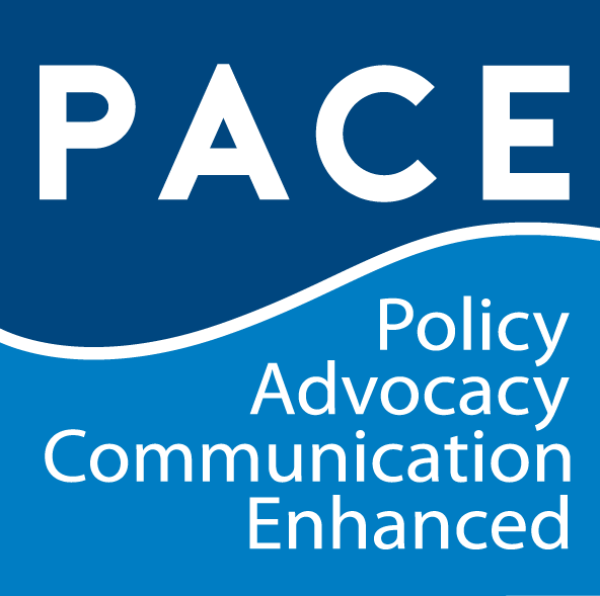THE LEGACY OF PACE
From 2015 until 2022, PRB’s PACE Project, with support from USAID, ensured that family planning, reproductive health, and population policies and programs were central to sustainable and equitable economic growth and development. On more than 200 occasions across 21 countries, PACE contributed to positive changes in policies, strategies, and budgets for family planning and reproductive health at global, national, and decentralized levels.
These impacts were achieved through partnerships with more than 2,000 individuals and institutions. Through collaborations informed by and tailored to partners’ priorities, PACE advanced local partners’ expertise in advocating for and implementing solutions that support their countries’ resilience and sustainable development. This collection of resources reflects key learnings across the project’s diverse portfolio.
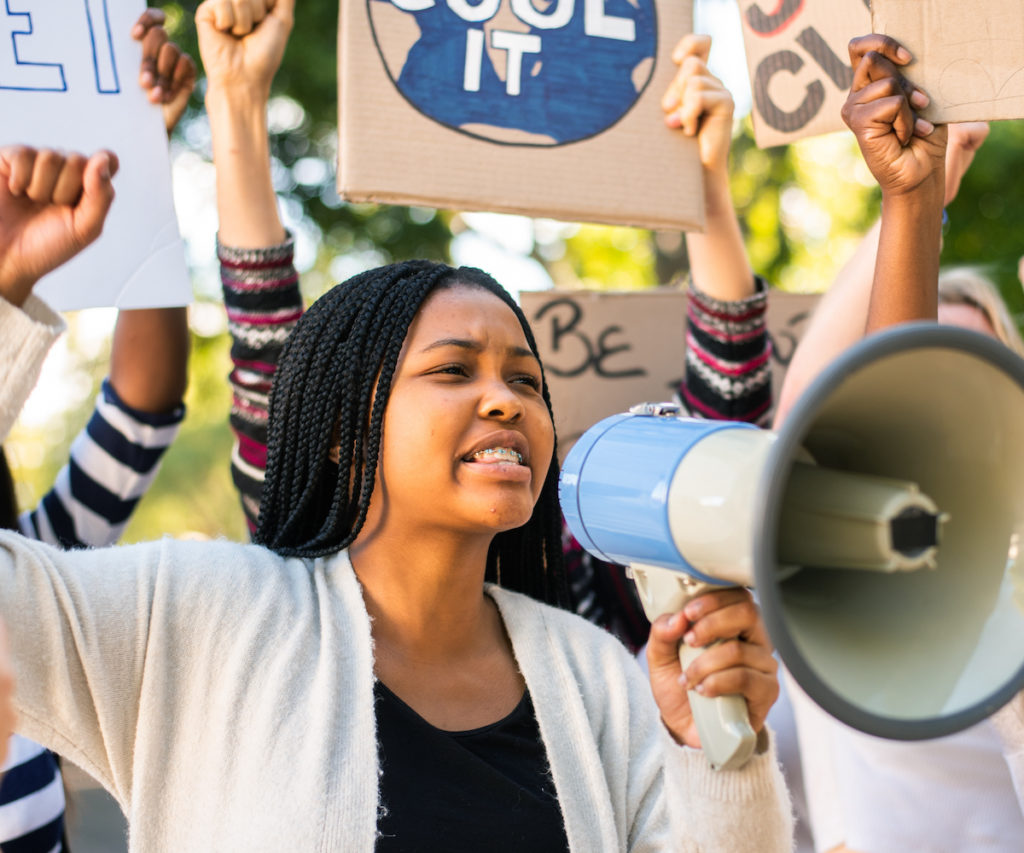
Power and Partnership: Supporting Youth Through the PACE Project
Youth leaders are calling for meaningful engagement and more equitable partnerships. PRB’s PACE project has evolved a model that fosters respectful and mutually beneficial partnerships with youth leaders and youth-led organizations that honors their unique priorities. This intentional approach questions traditional strategies, shifts power dynamics, focuses on learning from partners and capitalizes on the diverse skills and strengths of partners. By committing to flexibility to adapt activities, investing in building trust and long-term relationships, and sharing leadership, the international development community can promote more equitable, inclusive, and meaningful—and, ultimately, impactful—partnerships with youth leaders.


PACE has helped to meaningfully engage young people’s voices in Kenya, particularly in reproductive health, [going] beyond policy advocacy to address health disparities and unequal youth engagement equitably.
— Imali Ngusale, Youth Multimedia Fellow, Kenya
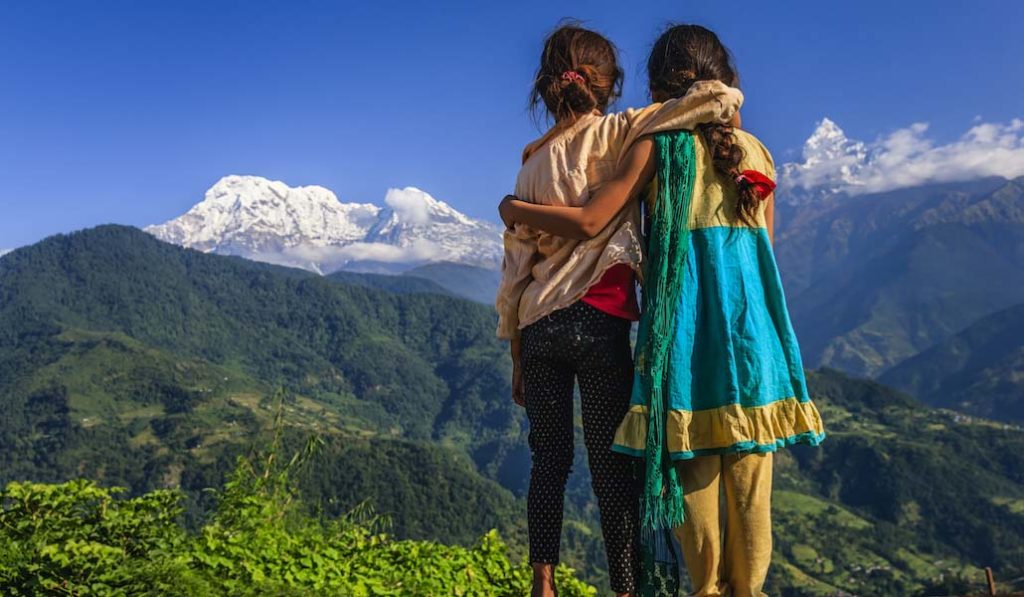
Resilient Future:
Climate Financing Strategies for Family Planning Programs
The harmful effects of climate change are intensifying around the world and disproportionately affect women and girls, threatening their health, livelihoods, and futures. Even as governments recognize the role of family planning in climate adaptation plans, major global adaptation financing funds have not yet included family planning and reproductive health programs in their portfolios. PACE has developed a “How-To” video that outlines four strategies that illustrate where opportunities may be available for family planning programs to be included in multilateral climate funding.


Being a good researcher is also being a good communicator, because research that is not adopted by potential decisionmakers is, in essence, useless.
— Pengdewendé Maurice Sawadogo, Policy Communication Fellow, Burkina Faso
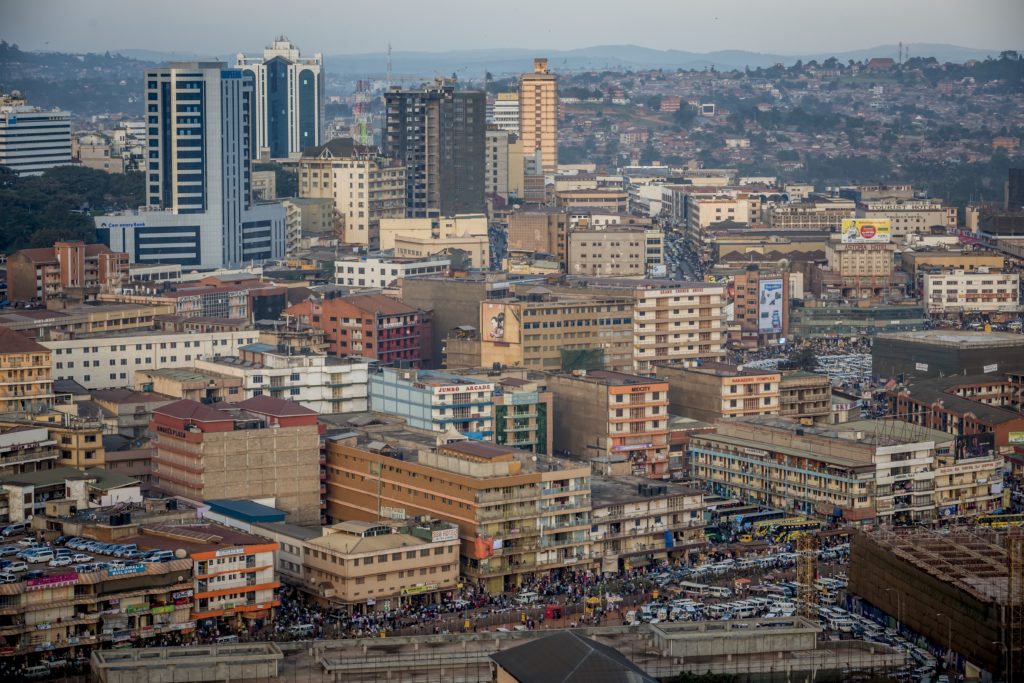
Prioritizing the Demographic Dividend: Subnational Advocacy With District Decisionmakers in Uganda
PACE has expanded the concept of the demographic dividend—the prospect for accelerated economic growth driven by a country’s maturing age structure—by showing how age structure change opens a window of opportunity to attain benefits, or dividends, in four sectors: health, education, the economy, and governance. Since 2018, PACE has partnered with the National Population Council (NPC) Uganda and NPC Ghana to create powerful advocacy materials that use the Four Dividends findings to demonstrate the importance of investment in voluntary family planning and human capital development in subnational development plans and budgets. This fact sheet developed with NPC Uganda highlights four successful strategies to increase these commitments among district decisionmakers in Uganda.


From the start of our partnership with PACE till now, we are treated as experts who bring much experience to the table and [are] trusted to lead programs with adequate and timely resources. We have played central roles in decision-making throughout.
— Sani Muhammad, Bridge Connect Africa Initiative, Nigeria
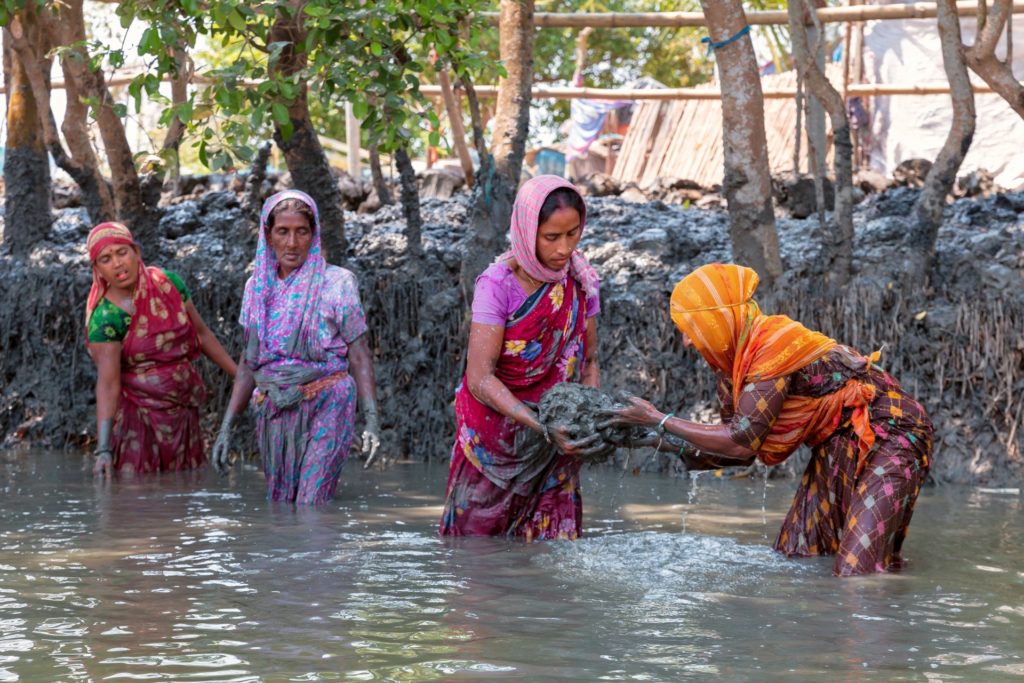
Not A Different Lens, But a Wider Lens: Women’s Edition
For nearly 30 years, PRB’s Women’s Edition has trained, connected, and championed women journalists covering news about health and population. The program has evolved to meet a changing media and public health landscape, but its animating values are consistent: focus media attention on women’s perspectives and experiences and give women journalists the resources and opportunities to help them stake a larger claim in their newsrooms. PACE has captured these lessons through the lens of a recent case study, a cross-border series that highlights these core approaches.


Over the years, I used PRB tools because of their quality and relevance, but today, PRB / PACE has become the first reference in the field of data and evidence for more effective policies.
— Sadou Doumbo, Consortium regional de recherche en économie générationnelle (CREG), Senegal and Mali
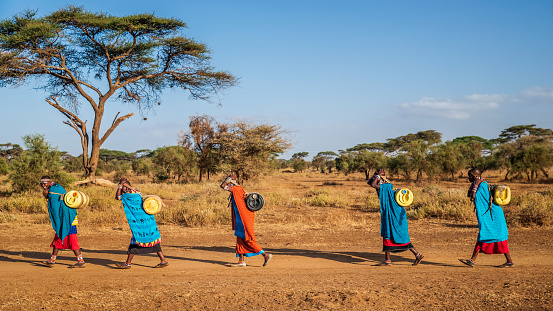
Family Planning’s Multisectoral Impacts: Lessons and Opportunities From the PACE Project
Low- and middle-income countries, especially those with rapid population growth or security and stability threats, face an undue burden from multiple global environmental changes. Communities with the least access to resources, often including women and young people, have fewer means to ensure resilience in times of uncertainty. PRB’s PACE Project has worked alongside global champions to integrate population and reproductive health solutions into complex challenges, including climate change and development. PACE’s work illuminates how expanded access to and use of voluntary, rights-based family planning improves health and well-being, and also promotes gender equality, stable livelihoods, economic dividends, enhanced resilience, and environmental health.


[PACE] taught me how to use multimedia to advocate for issues on reproductive health and population and how to be concise and get the outcome required from policy advocacy campaigns.
— Joy Munthali, Green Girls Platform, Malawi
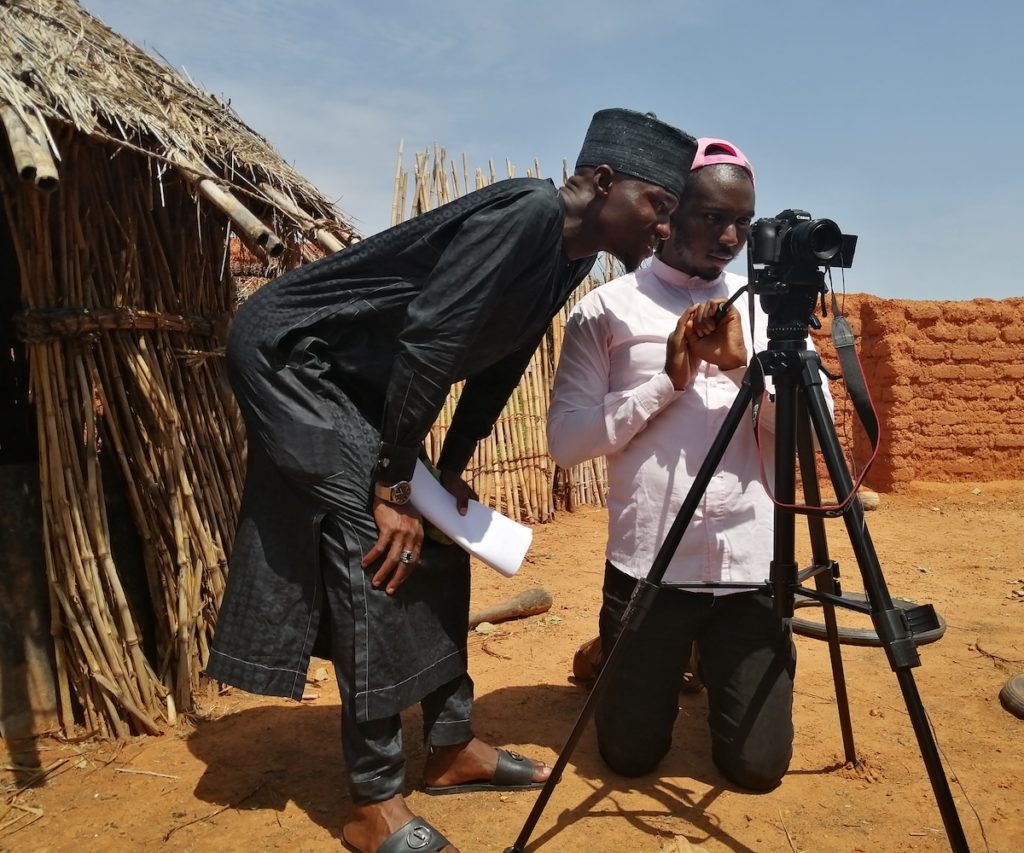
We Will Be Heard! A Multimedia Advocacy Toolkit for Young People Fighting for Change
Young advocates often struggle to make themselves heard by policymakers and those who influence them. PACE has developed a multimedia advocacy toolkit specifically tailored for young people to teach each other policy advocacy, communication, and multimedia storytelling skills and elevate their voices and recommendations for change. Check out this website for more on youth advocacy.
Explore more PACE successes and resources through our legacy site, including our work building champions, bridging sectors, and distilling evidence, and our country programs.
